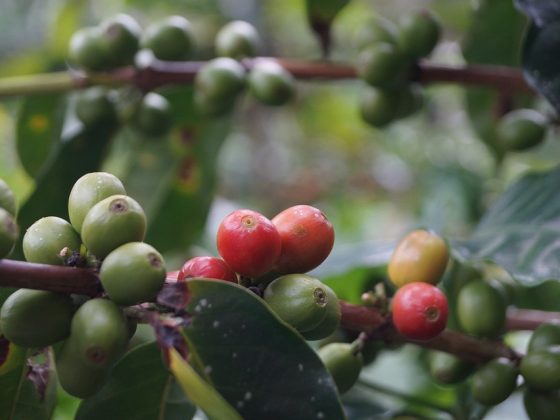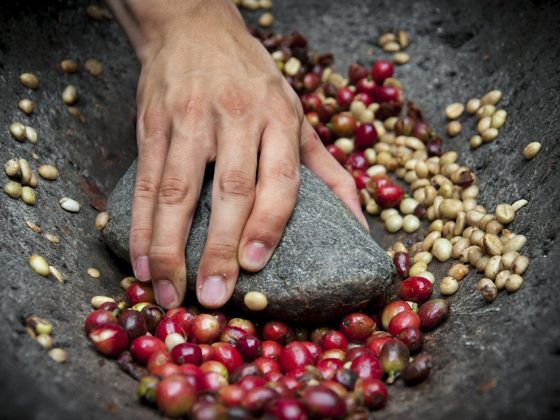end of the article.
In recent years, there has been a growing awareness of the environmental and social impact of the coffee industry. From the deforestation of rainforests to the exploitation of farmers, the production of coffee beans can have a significant negative impact on the world. This has led to an increased emphasis on sustainable practices in coffee bean origins, as consumers and companies alike are striving to make a positive difference.
Sustainability in coffee bean origins refers to the practices and processes that are used to produce coffee beans in a way that is environmentally friendly, socially responsible, and economically viable. This involves everything from growing and harvesting the beans to processing and transporting them. By implementing sustainable practices, coffee producers can minimize their environmental impact, support local communities, and ensure the long-term viability of the industry.
One of the most important aspects of sustainable coffee production is the preservation of natural habitats. Many coffee farms are located in regions with rich biodiversity, such as rainforests and mountainous regions. However, traditional farming methods, such as clearcutting forests or using harmful pesticides, can destroy these habitats and threaten the survival of native species. By adopting sustainable farming practices, such as shade-grown coffee or organic farming, producers can protect these ecosystems and ensure that they remain healthy for future generations.
In addition to protecting the environment, sustainable practices in coffee bean origins also benefit local communities. Many coffee-producing regions are located in developing countries, where farmers often face economic challenges and lack access to resources. By implementing sustainable practices, producers can improve the livelihoods of these farmers by providing fair wages, investing in infrastructure, and supporting education and healthcare programs. This not only helps to lift people out of poverty but also fosters a sense of community and pride in their work.
Furthermore, sustainable practices in coffee bean origins can also have a positive impact on the quality of the coffee itself. By focusing on factors such as soil health, water conservation, and natural pest control, producers can improve the flavor and aroma of their beans. This is increasingly important as consumers are becoming more discerning about the quality of their coffee and are willing to pay a premium for ethically sourced, high-quality beans.
Overall, the importance of sustainable practices in coffee bean origins cannot be overstated. By adopting these practices, producers can protect the environment, support local communities, and improve the quality of their coffee. As consumers, we also play a role in driving the demand for sustainable coffee by choosing to purchase beans that are grown and harvested in a responsible manner. Together, we can make a positive impact on the coffee industry and create a more sustainable future for all.
FAQs:
Q: What is shade-grown coffee?
A: Shade-grown coffee is a method of growing coffee beans under the canopy of trees, rather than in direct sunlight. This helps to protect the soil, conserve water, and provide habitat for native wildlife.
Q: Why is organic farming important in coffee production?
A: Organic farming prohibits the use of synthetic pesticides and fertilizers, which can be harmful to the environment and human health. By choosing organic coffee, consumers can support sustainable practices and reduce their exposure to harmful chemicals.
Q: How can I support sustainable coffee practices as a consumer?
A: As a consumer, you can support sustainable coffee practices by purchasing beans that are certified as fair trade, organic, or Rainforest Alliance. You can also look for companies that are committed to sustainability and transparency in their sourcing practices.











